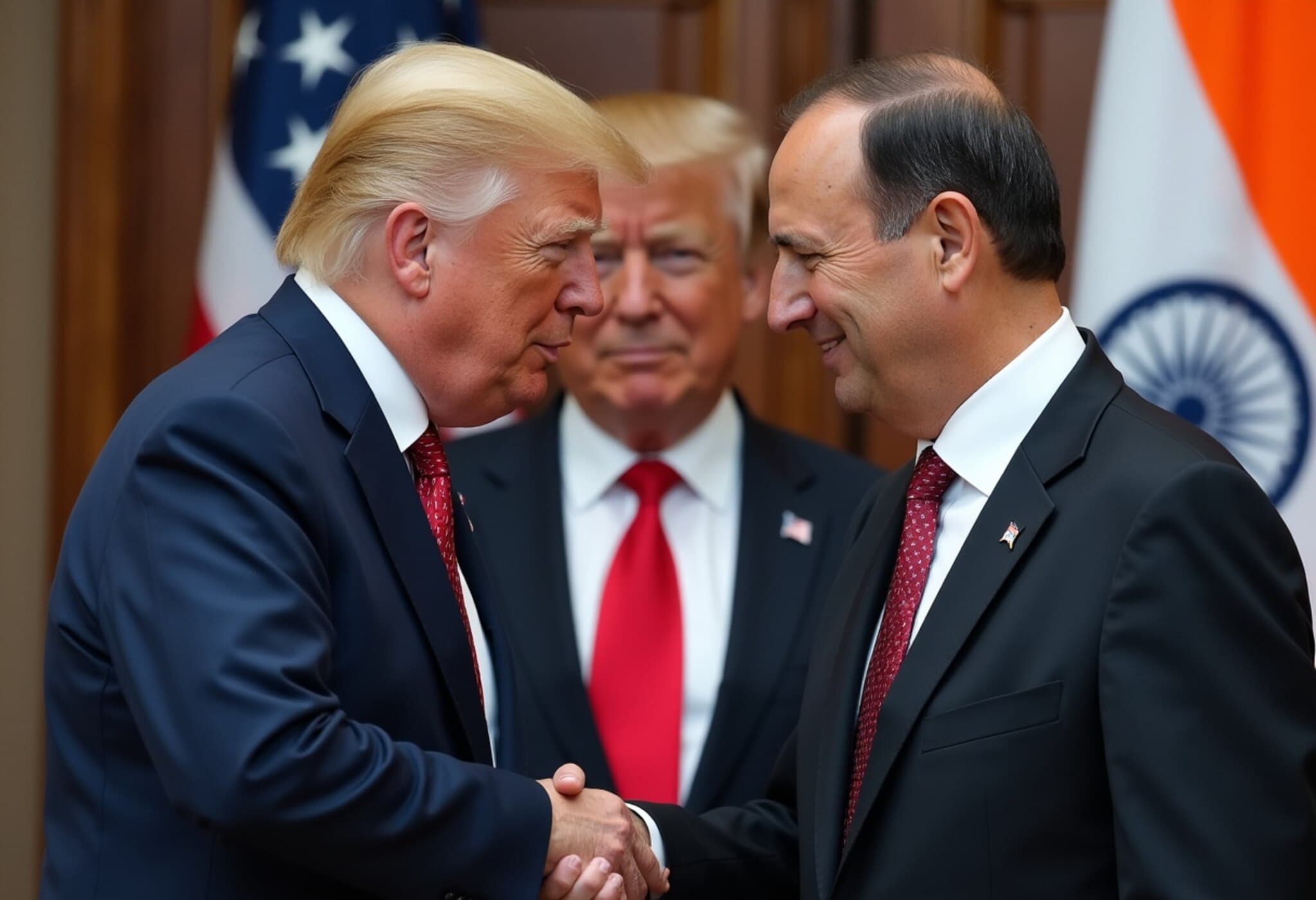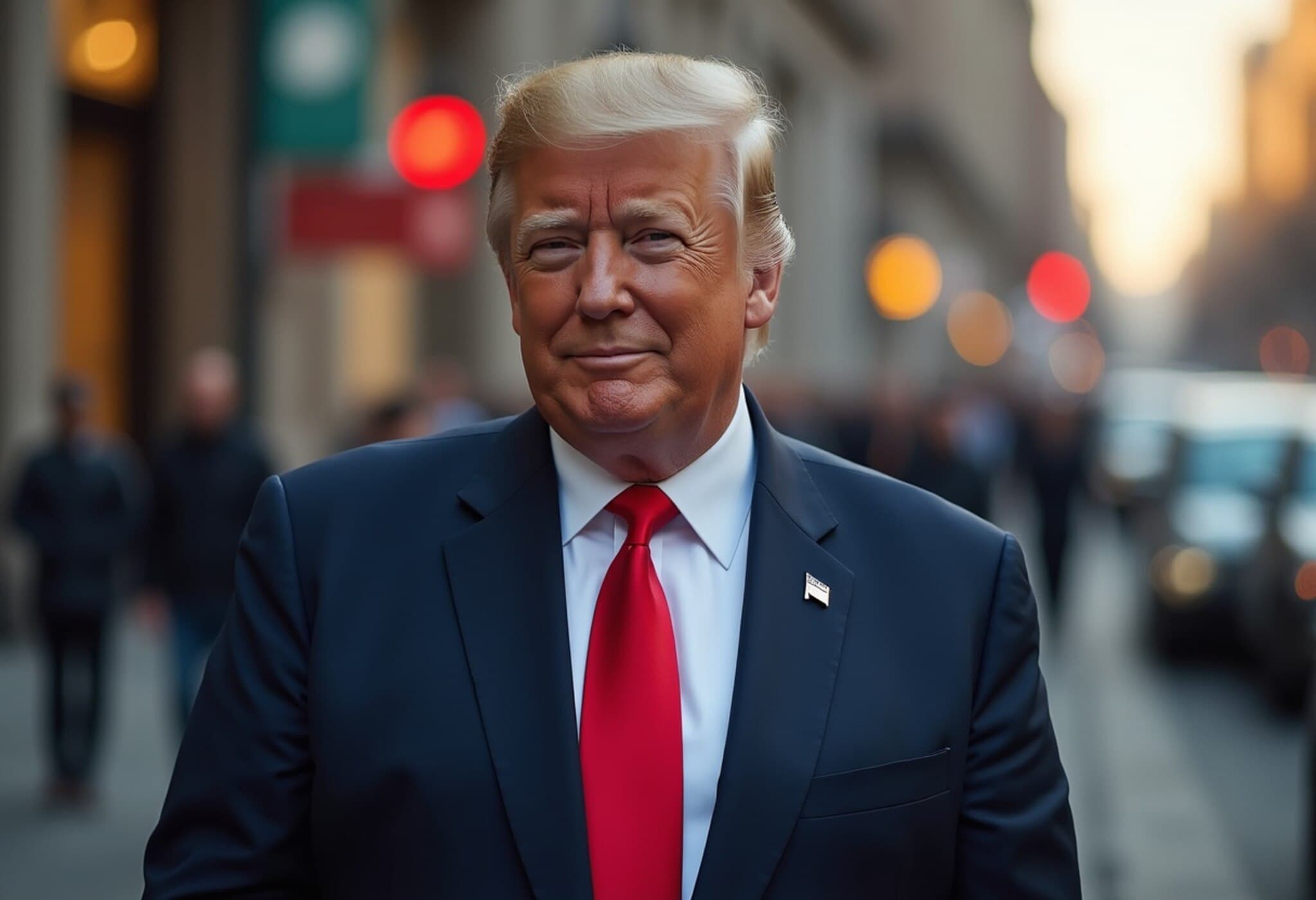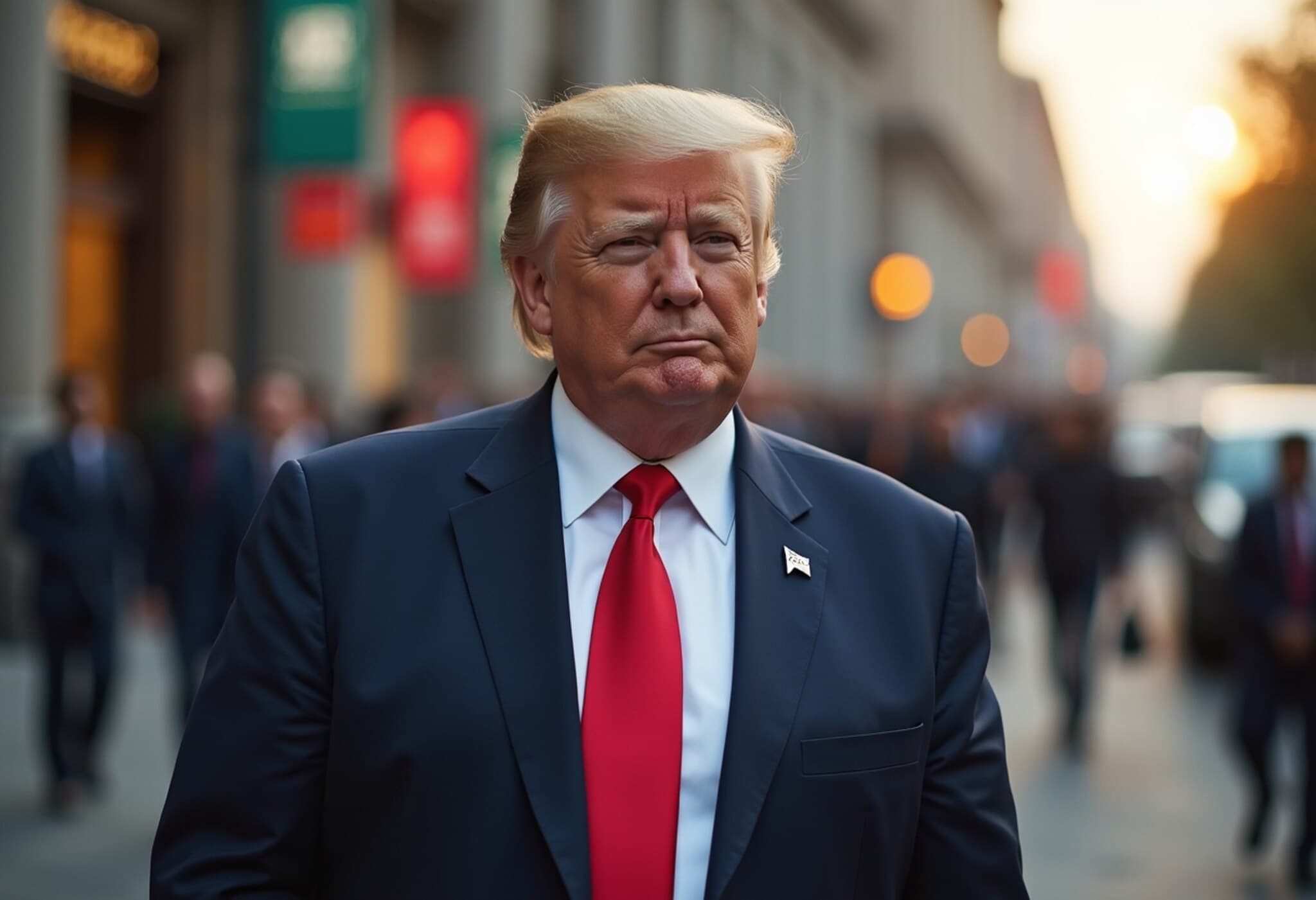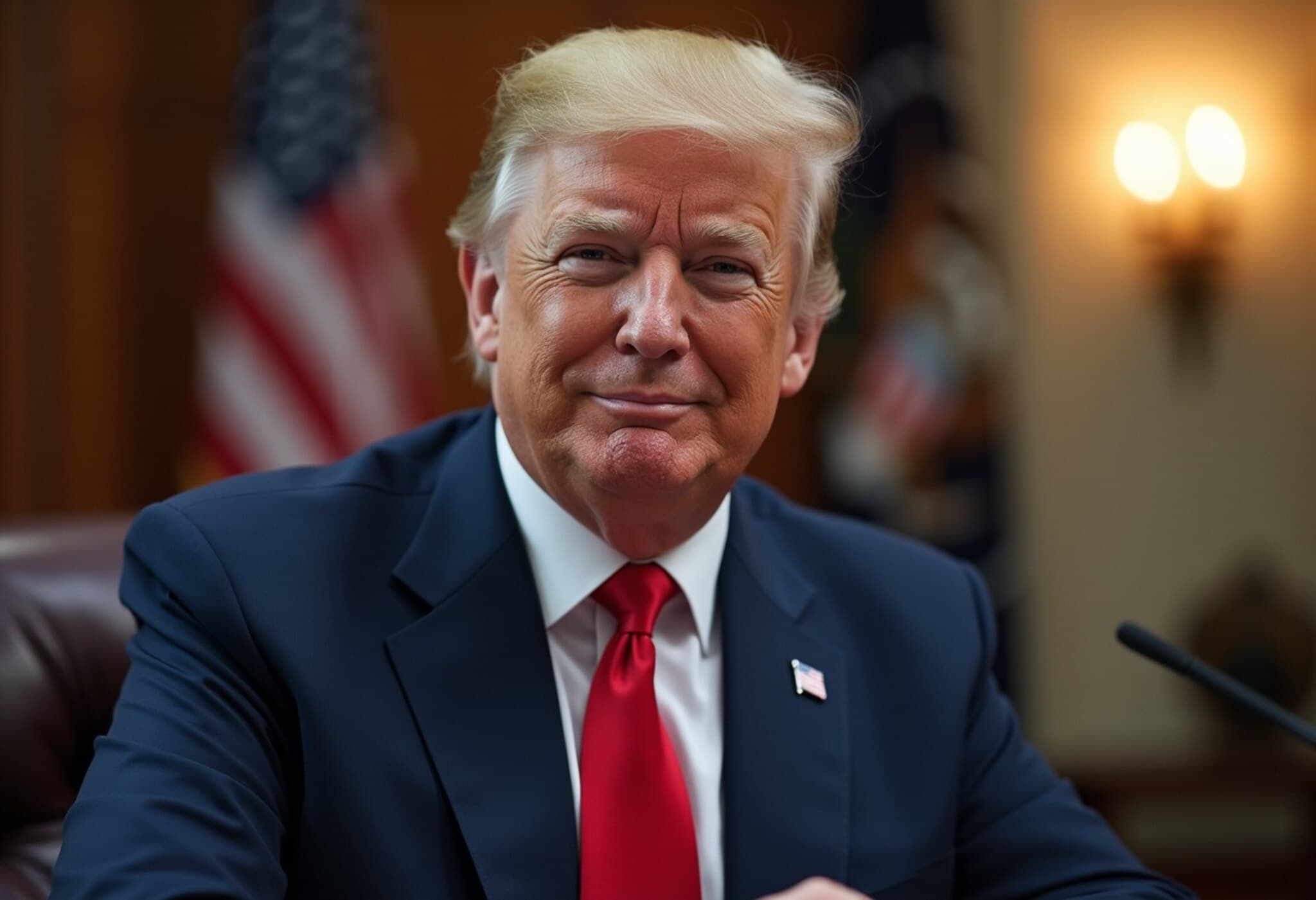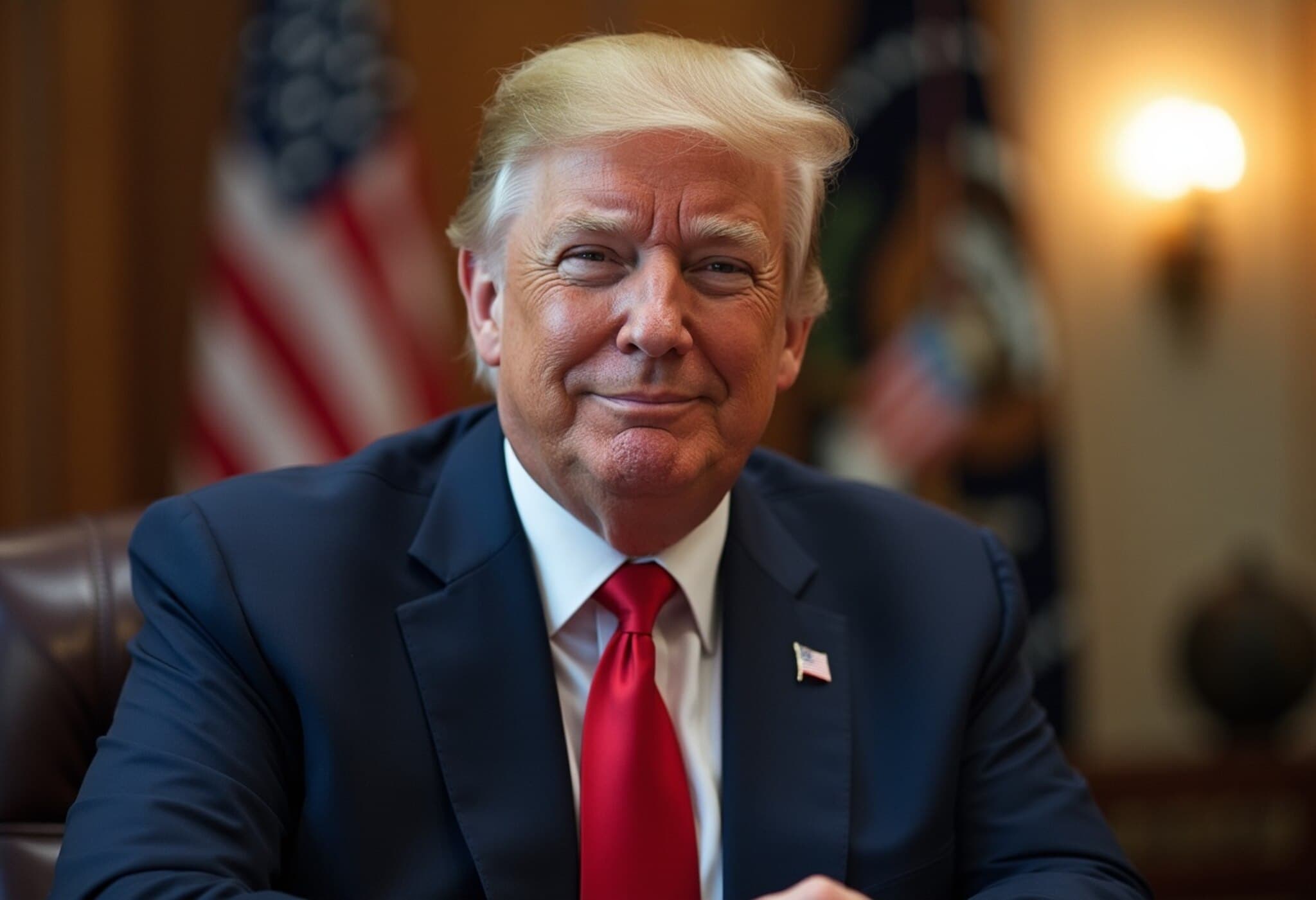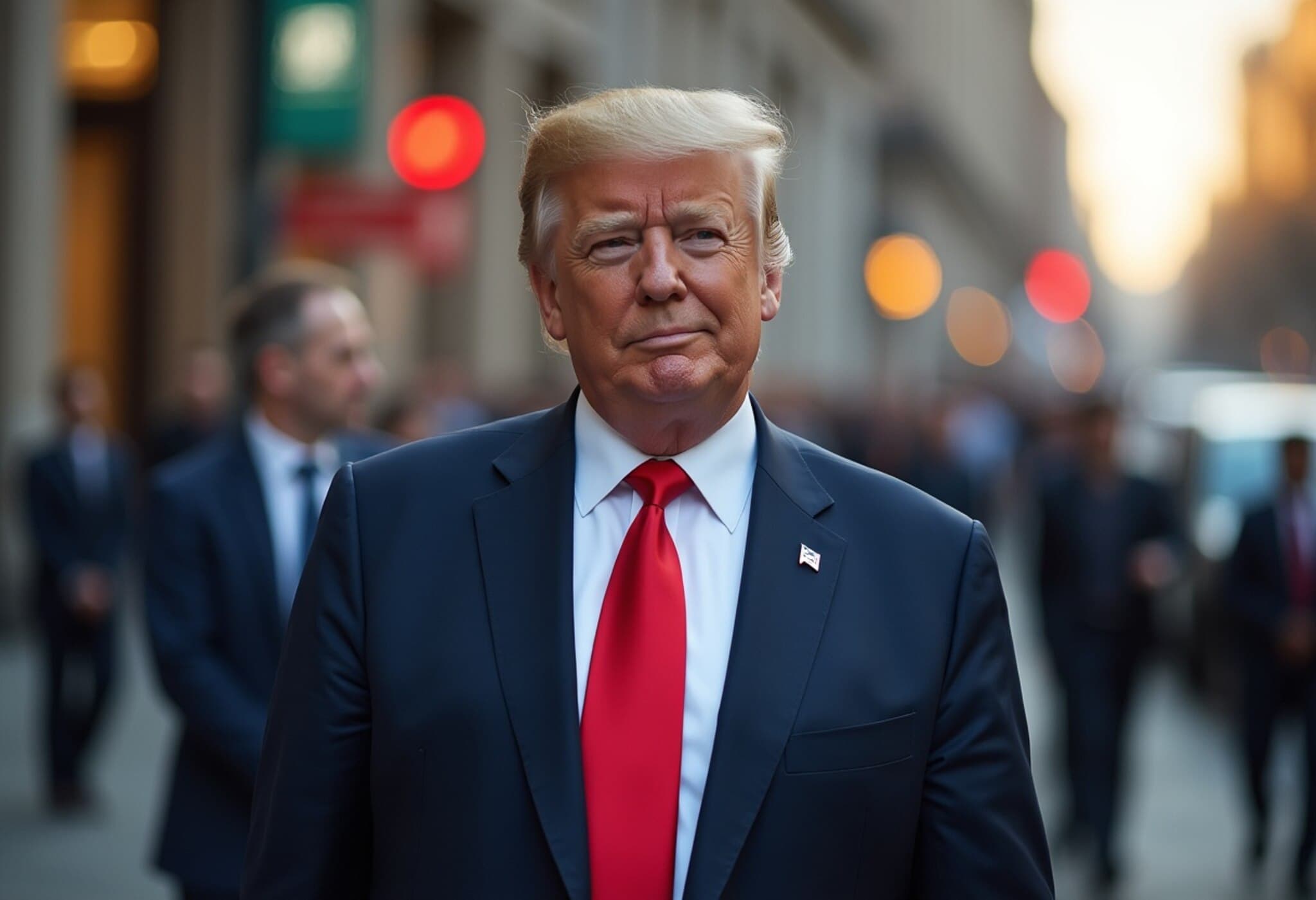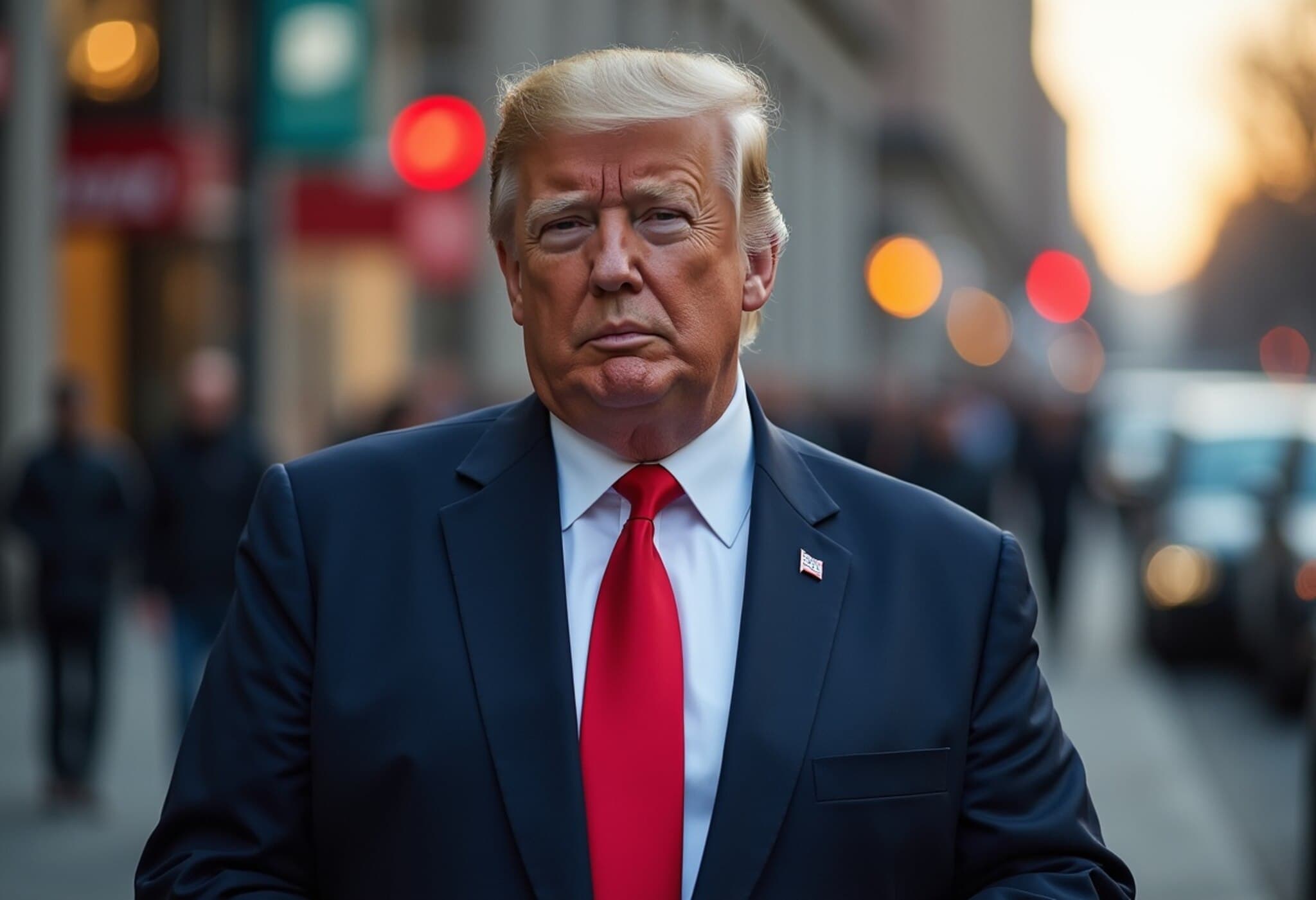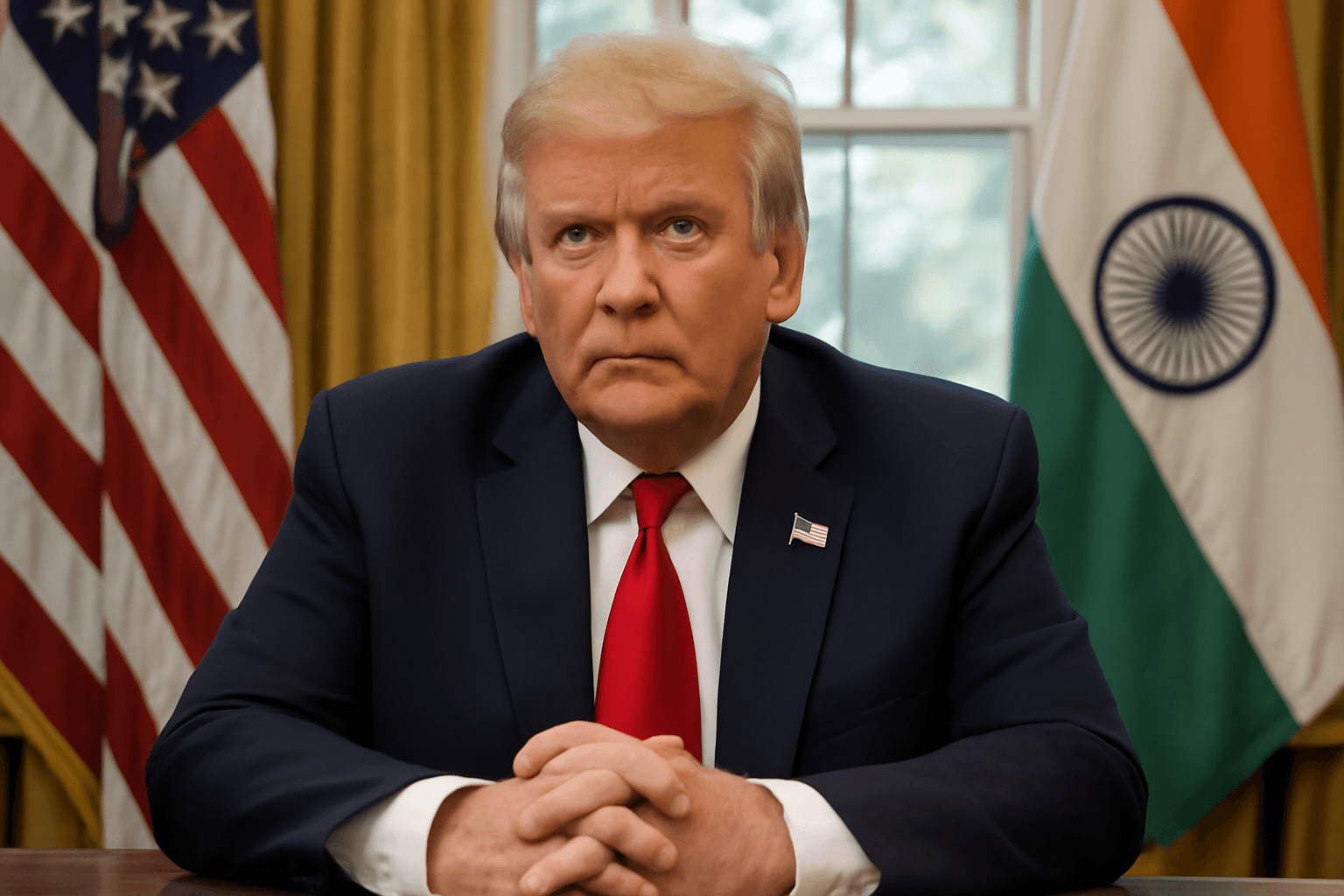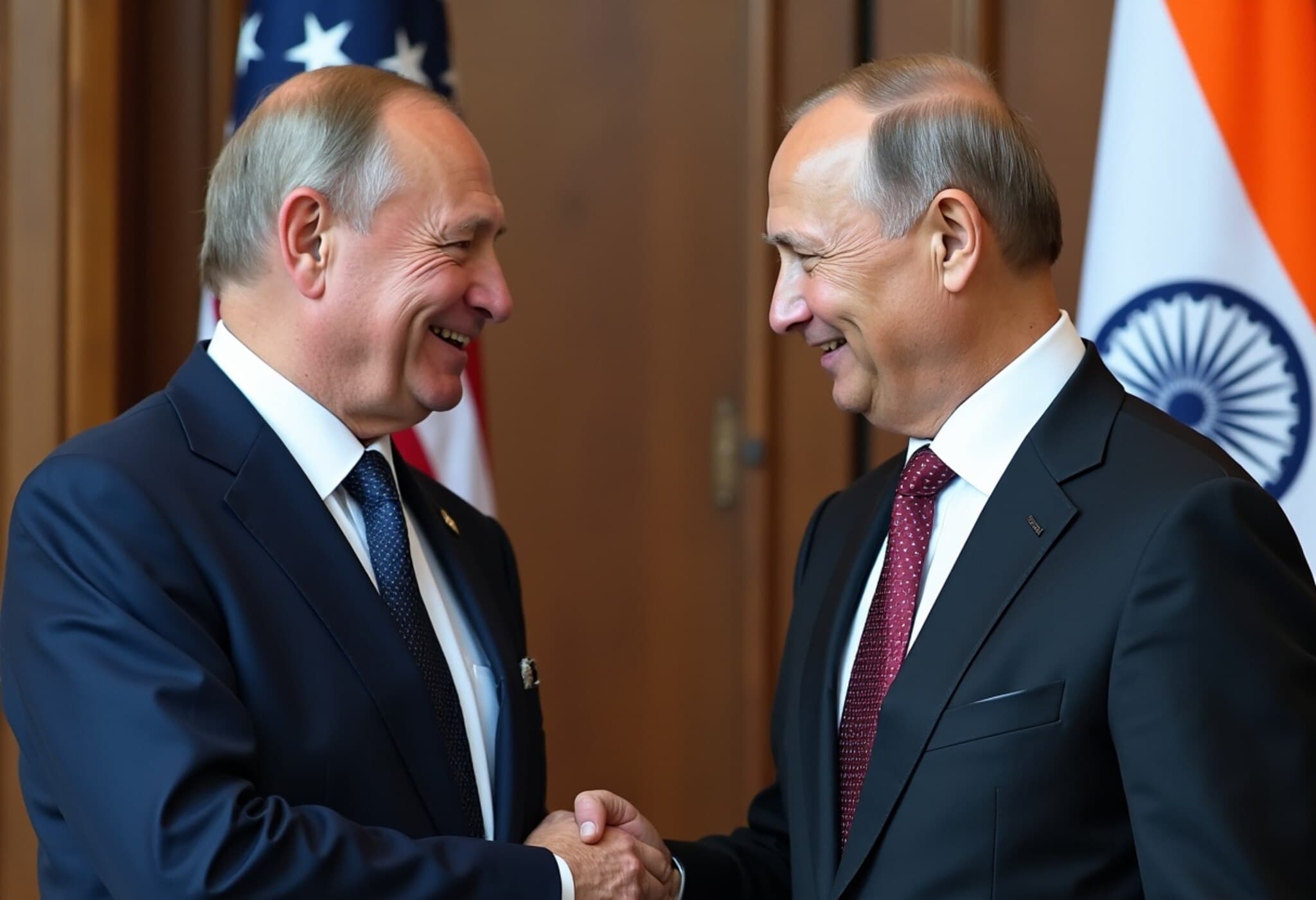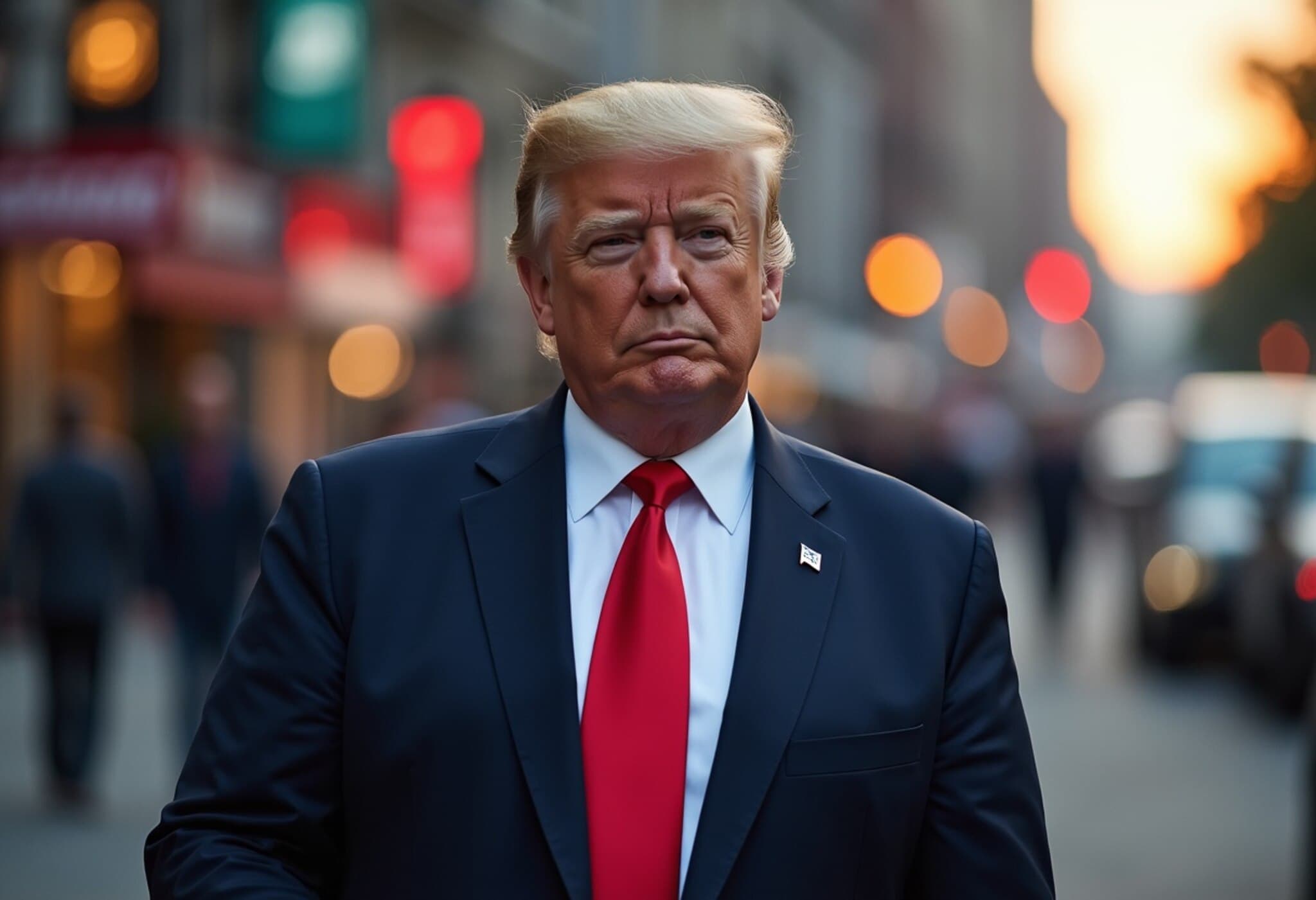US-India Relations Strain Amidst Tariff Dispute and Conflicting Narratives on Operation Sindoor Ceasefire
In a recent development shaking diplomatic corridors, US President Donald Trump's decision to impose increased tariffs on India—citing New Delhi's ongoing purchase of Russian oil—has stirred intense controversy, revealing a deeper personal and strategic rift. This move, according to prominent South Asia expert Michael Kugelman, reflects more than just economic calculation; it underscores a profound frustration rooted in key moments of diplomatic discord, especially surrounding the ceasefire after Operation Sindoor.
Personal Grievances Fueling Policy?
Kugelelman, Director of the South Asia Institute at the Wilson Center, described the current US-India relationship as facing its most severe crisis in two decades. Through an exclusive ANI interview, he highlighted how Trump perceived India's firm dismissal of his purported role in facilitating the India-Pakistan ceasefire as a personal affront, not merely a policy divergence.
"China has not publicly denied Trump the credit for diplomatic outcomes in the same way India has, nor has its leadership engaged in direct confrontations with him." Kugelman remarked. "This dynamic explains why Trump’s ire is disproportionately focused on India, resulting in a punitive tariff approach that some view as a double standard."
Context: The Operation Sindoor Ceasefire Controversy
Operation Sindoor, a significant military campaign along the India-Pakistan border, drew international attention due to heightened tensions. Trump repeatedly claimed credit for brokering a ceasefire by leveraging US trade incentives, framing the halt as a US-led diplomatic success. However, Indian officials have consistently and firmly refuted this portrayal.
Indian Foreign Minister Subrahmanyam Jaishankar has dismissed narratives of external mediation, stressing India’s sovereign decision-making. Prime Minister Narendra Modi’s emphatic address in Parliament underscored this stance: "We had said from day one that our action was non-escalatory. No leader in the world asked us to stop Operation Sindoor." This direct rebuttal challenged not only Trump’s claims but also the broader narrative of US intervention.
Domestic Debate: Calls for a More Assertive Indian Stance
Within Indian policy circles, this episode has ignited debates over how India should publicly handle such assertions. Former Foreign Secretary Kanwal Sibal expressed frustration over Modi’s cautious approach to confronting Trump’s misleading statements.
"Why play the charade of giving false credit for a ceasefire based on trade threats and one announced over the head of India’s leader, creating thereby the impression India was pressured to agree? Trump can keep assailing India as a tariff king, threaten tariffs, talk of his interest in mediating the Kashmir issue, but Modi dare not tell him what’s right and what’s wrong? India has sovereign interests which it has to defend."
Sibal also highlighted another notable inconsistency: while China routinely criticizes the US overtly, Trump refrains from imposing tariffs on Beijing, further fuelling questions of policy fairness.
The Economic and Geopolitical Stakes
- Trade War Concerns: Increased tariffs could disrupt US-India trade relations, impacting sectors from technology to agriculture.
- Geopolitical Alignments: India’s continued purchase of Russian oil—despite Western sanctions—places it at a delicate juncture amid evolving global power equations.
- Diplomatic Messaging: The public clash over ceasefire credit marks a notable deviation from traditional diplomatic decorum, raising questions about future cooperation.
Expert Insight: An Inflection Point in US-India Ties?
This episode reflects the complex interplay between personal ego, national sovereignty, and global diplomacy. As two democracies with increasingly intertwined interests, the US and India face the challenge of navigating disagreements without letting individual grievances escalate into broader strategic rifts.
Given India’s emerging role as a global economic powerhouse and strategic player, how both countries manage moments like these will shape their long-term partnership. Observers suggest that transparency in dialogue and respect for sovereign decision-making are crucial to overcoming such tensions.
What to Watch Next
- Future US tariff policies and their impact on bilateral trade volume.
- India’s energy procurement strategies amid geopolitical pressures.
- Diplomatic engagement channels between Washington and New Delhi for conflict resolution.
- Public and political rhetoric in both nations around sovereignty and alliance management.
Editor's Note
This development offers a fascinating glimpse into how personal dynamics between global leaders can influence international policy. It raises essential questions about the balance between diplomacy and domestic political narratives. For stakeholders and citizens watching US-India relations, understanding these undercurrents is key to anticipating future shifts in foreign policy and global economic alignments.
Will pragmatic diplomacy prevail over personal grievances? How will India assert its sovereignty while managing a pivotal partnership with the US? These remain critical questions as the world watches this relationship unfold.

